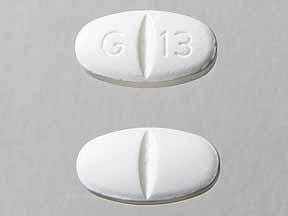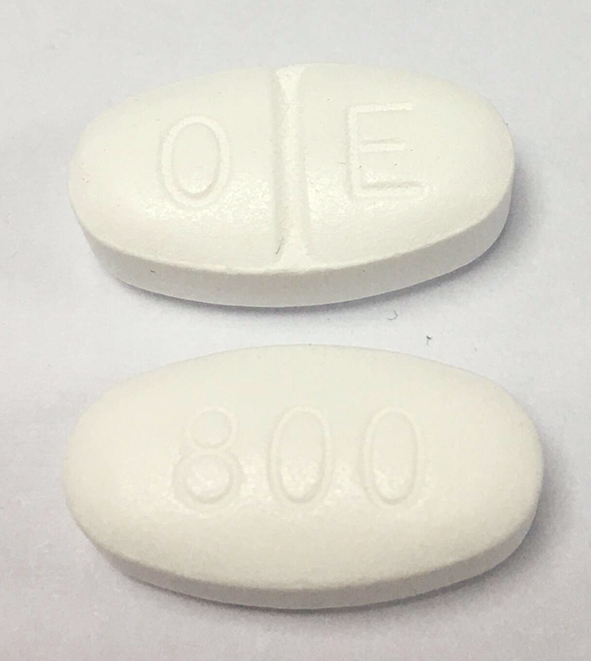Gabapentin is a prescription medication initially developed to treat epilepsy. It is also widely used for managing certain types of nerve pain (neuropathic pain). Gabapentin belongs to a class of drugs called anticonvulsants, which work by calming overactive nerve signals in the brain and nervous system.
It depends on what you’re treating. For example, you may feel the effects of gabapentin for nerve pain within a week of taking it. But it can take several weeks to see significant improvement. If you’re taking gabapentin for anxiety, full effects may also take several weeks.
It can take time to find the right gabapentin dose, which is why the medication might not be as effective at first. Gabapentin doses vary significantly from person to person. Most people start taking lower doses and then their dose is increased slowly to give their body time to adapt to gabapentin. Your healthcare professional will give you specific instructions if they want you to increase your dose.
If your symptoms don’t improve after a couple weeks of taking gabapentin, talk to your prescriber. They might consider increasing your dose. But don’t make any changes without talking to them first. Taking too much gabapentin can be dangerous.
Are there factors that can affect how long gabapentin takes to work?

Yes, several factors can affect how long it takes for gabapentin to work. They include:
- How quickly you reach your ideal dose: Your gabapentin dosage may be increased every few days. But if you have side effects from gabapentin, your prescriber may wait longer between dosage increases. This allows your body to get used to the medication. If your dose is increased more slowly, it may take longer to feel the medication’s full benefits.
- Other medications you take: Certain medications can interact with gabapentin, and some interactions may lead to lower levels of gabapentin in the body. For example, medications containing aluminum or magnesium can lower gabapentin absorption. Examples include magnesium oxide and Rolaids (calcium carbonate / magnesium hydroxide). It’s best to avoid taking gabapentin within 2 hours of taking these medications so gabapentin can achieve its full effect.
- Foods you eat: Taking gabapentin with high-protein foods may increase the amount of gabapentin your body absorbs. This may also affect how quickly gabapentin starts to work. You can take gabapentin IR with or without food. But you should take Horizant and Gralise with food for maximum absorption.
How Long Does Gabapentin Take to Work?

The time it takes for gabapentin to work depends on the condition being treated and individual factors such as dosage and metabolism. Here’s a breakdown:
1. Neuropathic Pain
- Onset: Pain relief may start within 1 to 2 weeks after beginning treatment, but full effectiveness can take up to 4 to 6 weeks.
- Titration: Gabapentin doses are often gradually increased to minimize side effects, which can delay its maximum effect.
2. Seizure Control
- Onset: It can take several days to a week for gabapentin to reduce seizure frequency, depending on the dose and how quickly it’s adjusted.
3. Anxiety or Off-Label Uses
- Onset: Some people notice a calming effect within a few days, but it may take 2 to 4 weeks for noticeable benefits in conditions like anxiety or fibromyalgia.
Factors Influencing Onset
- Dose Timing: Gabapentin is usually taken 2-3 times daily because it has a short half-life (5-7 hours).
- Consistency: Regular dosing is crucial for the medication to build up to therapeutic levels.
- Individual Response: Metabolism, age, and the severity of the condition can affect how quickly the medication takes effect.
How long should you take gabapentin?
It depends on why you’re taking gabapentin. You may need to continue it long term. Your healthcare professional will tell you how long you should take gabapentin.
For example, if you’re taking gabapentin to treat seizures, you may need to take it indefinitely. But you may be able to stop gabapentin if your nerve pain or restless leg syndrome symptoms improve.
It’s important to take gabapentin exactly as prescribed. Taking it incorrectly can increase your risk of drowsiness, dizziness, and more seriously, overdose.
But don’t stop taking it abruptly (unless you’re experiencing severe side effects, or your prescriber recommends it). Stopping gabapentin suddenly can increase your risk of having withdrawal symptoms, including anxiety, agitation, and seizures.
To help prevent withdrawal symptoms, your prescriber may gradually decrease your gabapentin dosage (called a medication taper). Your taper will depend on how long you were taking gabapentin and at what dose.

